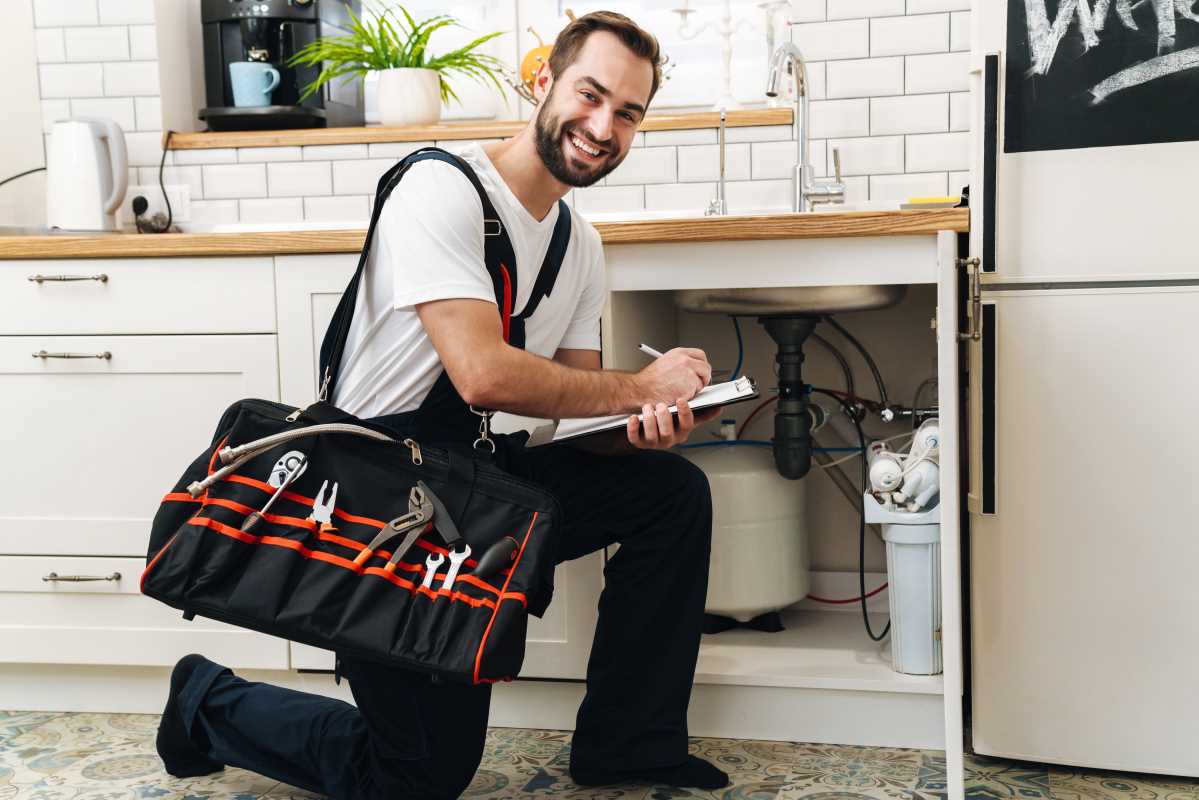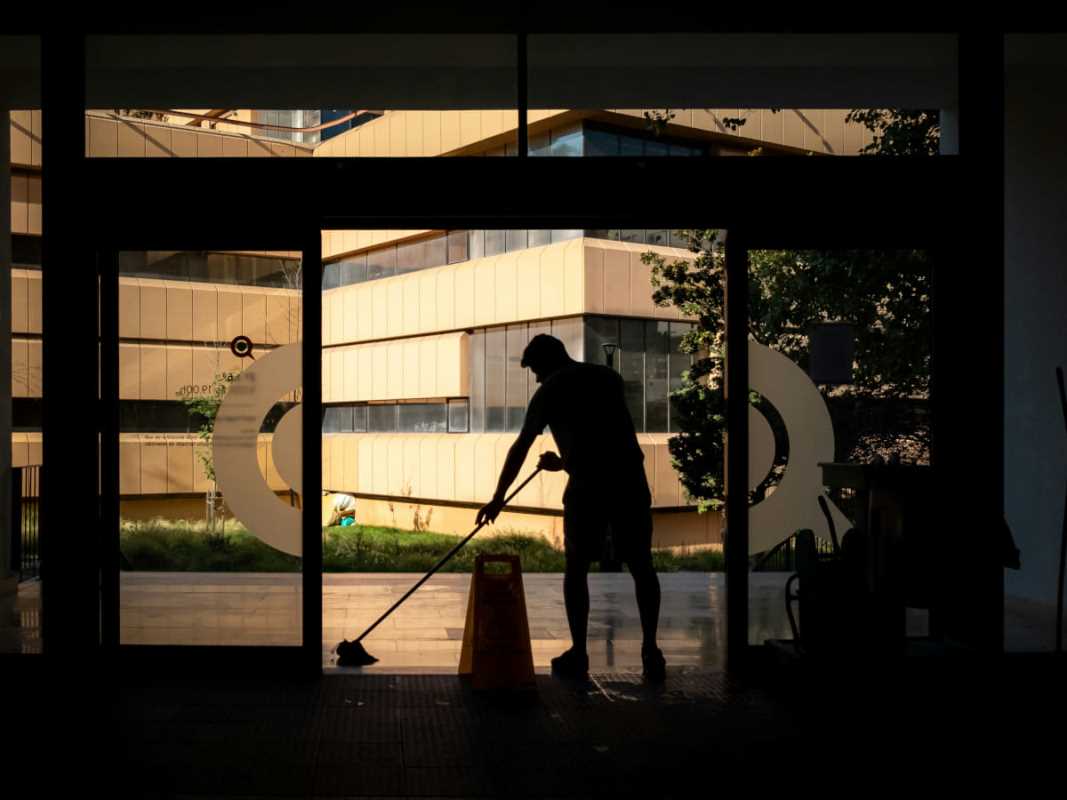Inviting a pro into your home to inspect its energy use might feel a bit like letting someone peek into your junk drawer. Yes, it might reveal some inefficiencies you'd rather not think about, but the benefits can be game-changing. A professional energy efficiency audit is your chance to uncover where energy is slipping away and how you can get a handle on it. Here’s a friendly guide to help you know what’s coming. Spoiler alert: it’s not as scary (or technical) as it sounds.
A Guided Tour of Your Home’s Hidden Energy Habits
When your energy auditor arrives, their first order of business is walking through your home. This isn’t just a casual stroll to admire your decor; they’re scoping out the nooks, crannies, and overlooked corners that affect energy use. Think of it as a backstage pass to your home's inner workings.
They’ll inspect windows, doors, and walls for drafts or leaky seals that could be letting conditioned air escape. Any space around your vents or attic access will also get a closer look. Even your appliances, like your fridge or water heater, might end up under the spotlight. You might hear phrases like “insulation levels” or “thermal bridging,” but don’t worry, they’ll explain as they go.
Here’s the surprising part: it’s a collaborative effort. Auditors may ask about your heating and cooling habits, or whether certain rooms always feel cold or hot. That’s your cue to spill the truth, but maybe save the embarrassing thermostat battles for later. They’re not judging your lifestyle, just trying to figure out where the energy-savings opportunities hide.
Gadgets and Gizmos That Uncover the Unseen
Out come the tools, and things get legit. Energy auditors don’t just rely on their trained eyes; they have some pretty cool devices to pinpoint problems you didn’t even know existed. This is where the science meets the practical stuff.
One common tool is an infrared thermal camera. They’ll sweep it over your walls and, voilà, you’ll see a heat-map-style image showing where your home’s insulation isn’t cutting it. Watching this in action might just make you feel like you’re starring in a science documentary.
Another tool you might see is a blower door. This involves sealing your front door with a large fan setup and running tests to measure how airtight the house is. It’s a quirky-looking contraption, but it’s incredibly useful for detecting hidden drafts. You might feel a light breeze where air sneaks in, giving you immediate “aha” moments.
Beyond that, they might analyze your HVAC system’s efficiency or even use smoke pencils to trace airflow leaks. If you’re thinking, “Smoke pencils sound artistic…I could try that myself,” hold that thought. It’s better left to the pros.
More Numbers Than You’d Expect in a Good Way
Once they've gathered their intel, it’s time to crunch numbers. Don’t worry, you don’t have to worry about formulas or grids of data. Your auditor translates the findings into actionable info that anyone can understand.
This includes energy reports about how much heat your home loses during winter or how effective your AC is during summer. They might provide insights about how your appliances or lighting contribute to your bills and discuss easy fixes, like switching to LED bulbs or upgrading to smart thermostats.
Even if number talk isn’t your jam, hang in there, because every figure they share is tied to how much money you could save. It’s like being told your house has secret savings accounts just waiting to be unlocked! And if you really want details, ask about your “energy score.” Yes, your home basically gets graded, but don’t stress. It’s more about helping you improve than passing or failing.
Expect Simple, Doable Suggestions
Here’s where things really hit their stride. Once everything’s analyzed, your auditor won’t just hand over a long list of expensive home upgrades and vanish into the night. Instead, they’ll break it down into realistic recommendations with varying price points. You might even get a game plan for tackling them at your own pace.
They might suggest adding weather stripping to your windows to keep drafts out, sealing ductwork to improve air circulation, or replacing outdated appliances that guzzle electricity. Small changes, like programming your thermostat, could become quick wins you can do yourself.
Then, they’ll talk about bigger improvements. Maybe better attic insulation tops the list. Maybe they highlight tax incentives for installing solar panels. It’s a mix of short-term fixes and long-term investments, but it’s all aimed at lowering your future energy costs. Keep in mind, you’re the one steering this ship. You decide which changes fit your budget and timeline.
Here’s a quick look at the types of fixes they might discuss:
- Sealing leaks around windows, doors, and attic hatches
- Adding insulation in under-insulated areas
- Upgrading old HVAC systems or water heaters
- Switching to energy-efficient appliances
- Using smart home tech like programmable thermostats
You’ll Leave Feeling Empowered
An energy audit might seem technical at first, but by the end of the process, you’ll likely feel pretty motivated. Why? Because it’s not just a fact-finding mission; it’s like someone handing you a roadmap that leads straight to a more comfortable home and lower bills.
Most people are surprised at how much control they actually have over their energy usage. Even simple tweaks can make a noticeable difference, not just on your utility bills, but on the overall vibe of your space. It’s hard not to be excited about that.
Plus, you’ll walk away with a new appreciation for how all the little parts of your home work together. For instance, sealing a leaky vent might mean you don’t have to blast the AC as much, which reduces energy use across the board. Efficiency is kind of like a ripple effect that keeps on giving.
By the time your auditor wraps things up, you might even find you’re inspired to take on a few projects right away. And hey, who doesn’t love the thought of pocketing a little extra cash each month? If that’s not a good reason to tackle those drafty windows, I don’t know what is. Turns out, energy audits aren’t just helpful, they’re kind of inspiring.







